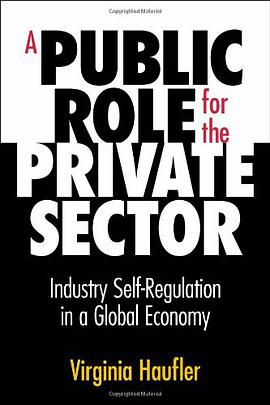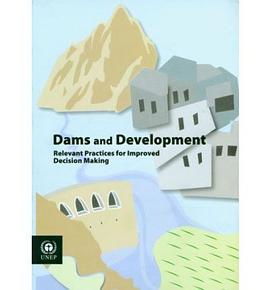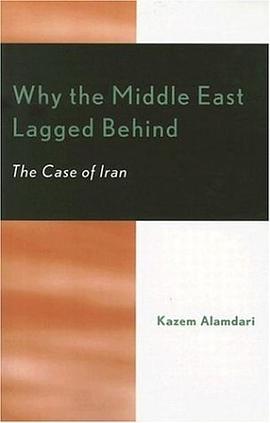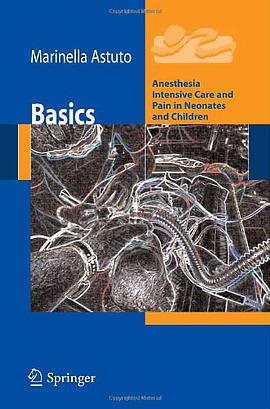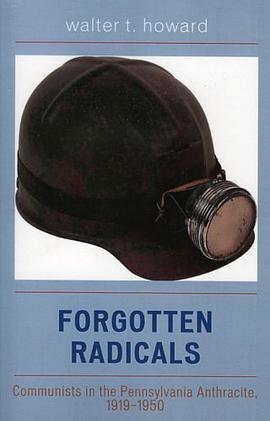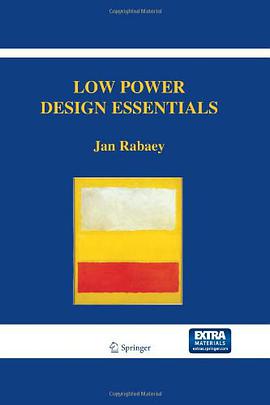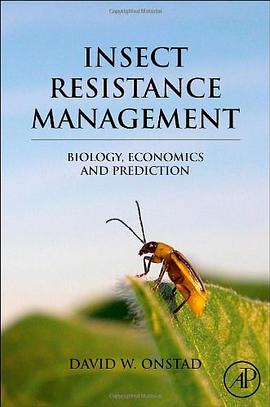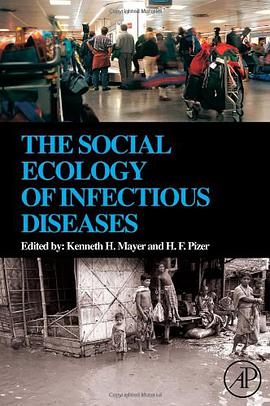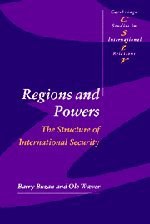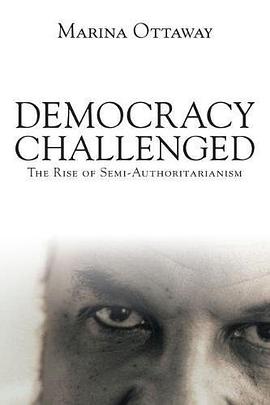

In this important new study, Ottaway argues that countries that combine elements of authoritarianism and democracy are not best understood as imperfect democracies or transitional governments. Instead, she sees them as deliberately organized and durable regimes that adopt the formal trappings of democracy but allow little real competition for power. Kazakhstan, Morocco, Peru, Singapore, and Malaysia are examples of a growing number of semi-authoritarian regimes that can be remarkably stable, yet are also prone to unpredictable political and leadership succession crises. Ottaway argues that these hybrid regimes require a rethinking of assumptions about the spread and promotion of democracy. These are not countries that will respond easily to outside carrots and sticks. Their civil societies tend to be disconnected from politics, and the creation of more open civic space can lead to ethnic nationalism (as in Yugoslavia), or religious fundamentalism (as in Egypt). The challenge for democracy promoters is to focus more on deep socioeconomic sources of semi-authoritarianism and adjust the timeline for democratic progress.
具体描述
读后感
评分
评分
评分
评分
用户评价
相关图书
本站所有内容均为互联网搜索引擎提供的公开搜索信息,本站不存储任何数据与内容,任何内容与数据均与本站无关,如有需要请联系相关搜索引擎包括但不限于百度,google,bing,sogou 等
© 2025 book.wenda123.org All Rights Reserved. 图书目录大全 版权所有


